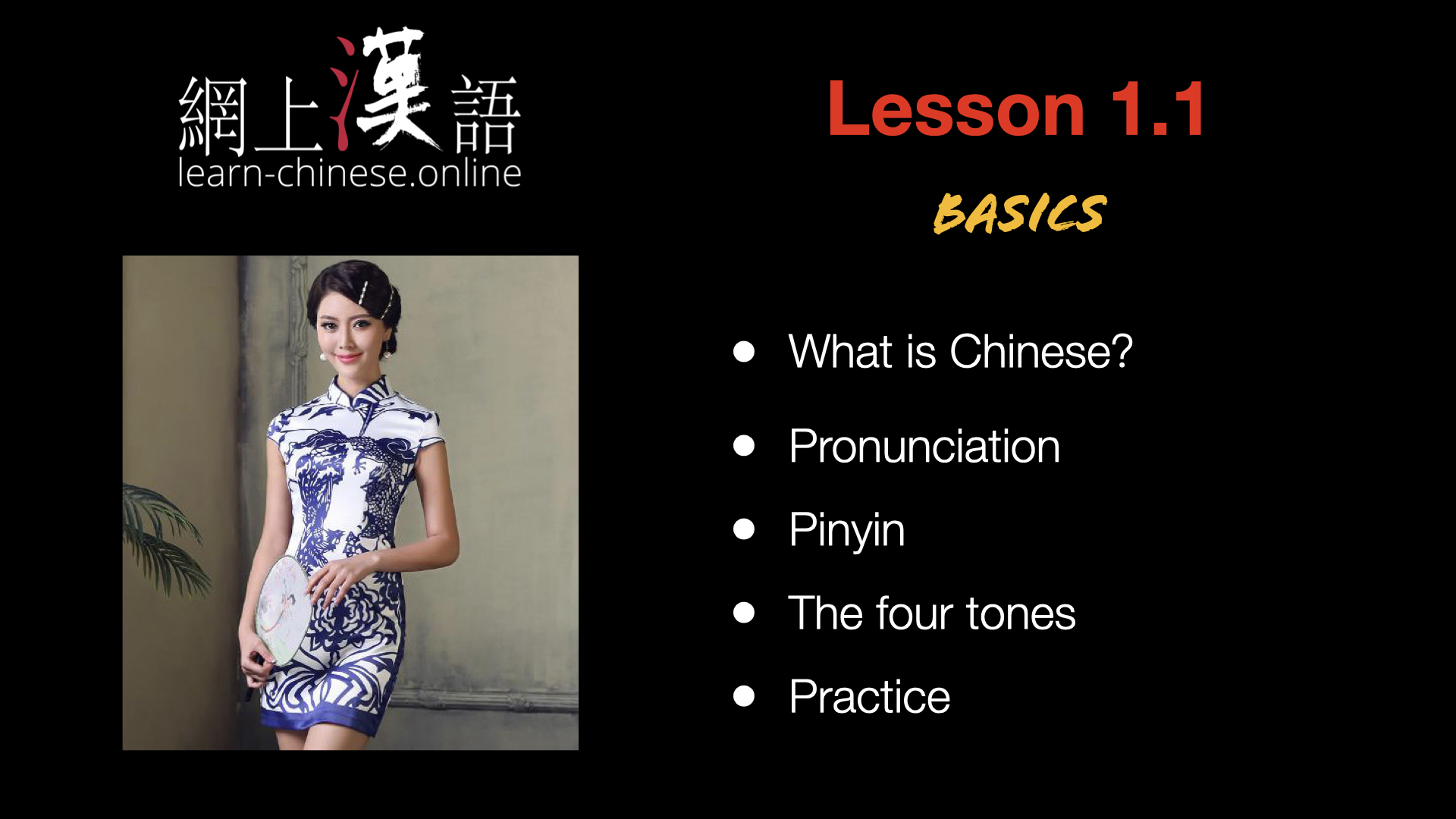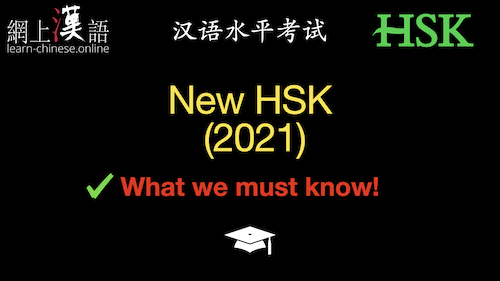Greeting in Chinese
We saw in the previous lesson that to greet in Chinese we say 你好 .
What will happen if one wants to greet his teacher for example? In English, we say, Hello sir /miss or rarely Hello teacher.
In Chinese, it is essential to greet the person by his hierarchical title (Professor, Director, etc.) and not sir. In addition, the hierarchical title must be placed first: 老师你好! or simply 老师好!
What is remarkable in Chinese and very different from our Western cultures, that it is enough to just say the title for greeting someone. For example, if one sees his professor in a corridor, it is possible (and it is very often the case) to just say 老师! It would not at all polite to say 你好 .
This way of greeting is effective in the context of relationship to salute a superior. By cons, a teacher will just say 你好 to a student.
In a family, we salute by calling the title of the person Mom, Dad, Uncle, Aunt, Grandmother, etc.
In the other way, between friends, or relationships without hierarchical context, we simply say 你好 .
The plural 们
We have seen in the introduction of grammar of the lesson 1 that Chinese has no gender (female - male) or number (singular - plural).
In reality, there is a plural marker only used with personal pronouns (I, you, he ...), and when addressing to human being:
我们 we
你们 you (plural)
他们 they
(She is pronounced like he, but is written with a different character that we will see in the next lesson).
If a teacher speaks to his students, he will say 同学们 .
To say hello to his students, a teacher will say 同学们好!
The adverb 也
也 is an adverb meaning also, too. Like all adverbs in Chinese, it is placed before the verb or before one or more other adverbs that are before a verb. This is a general rule of Chinese grammar.
Example : 你坐, 我也坐。 You sit down, me too.
As you can see in the example, me too has no verb in English, but works with a verb in Chinese. In Chinese it will be essential to put the verb. 我也。 is impossible. Why ? Because in Chinese adverb always work with a verb.
Finally, if there are some adverbs,也 is always the first:
你很不客气,他也很不客气。 You're not at all (not very) polite, him either.
请 invite, please
请 means invite:
Example : 我请你。 I invite you.
By extension, it means please. It is then placed at the beginning of the sentence :
请坐! Sit down please!
请他坐。 Beg him to sit down.
Sorry - it's nothing
In Chinese, sorry is said 对不起 . This term literally means unable to face and indicates the importance of the face in Chinese culture. 对 has the meaning of face and 不起 means not get up (following a verb, it means the inability to perform the action). Save face of oneself and of relations is the foundation of social life in China.
It's nothing, There's no harm is said 没关系 , literally no connection.
Small note: 关系 refers to relations, links. It is a word that also means the social and professional relationships. We often speak of when explaining the socio-professional operation of the Chinese world.
← Previous page - Summary - Next Page →

































